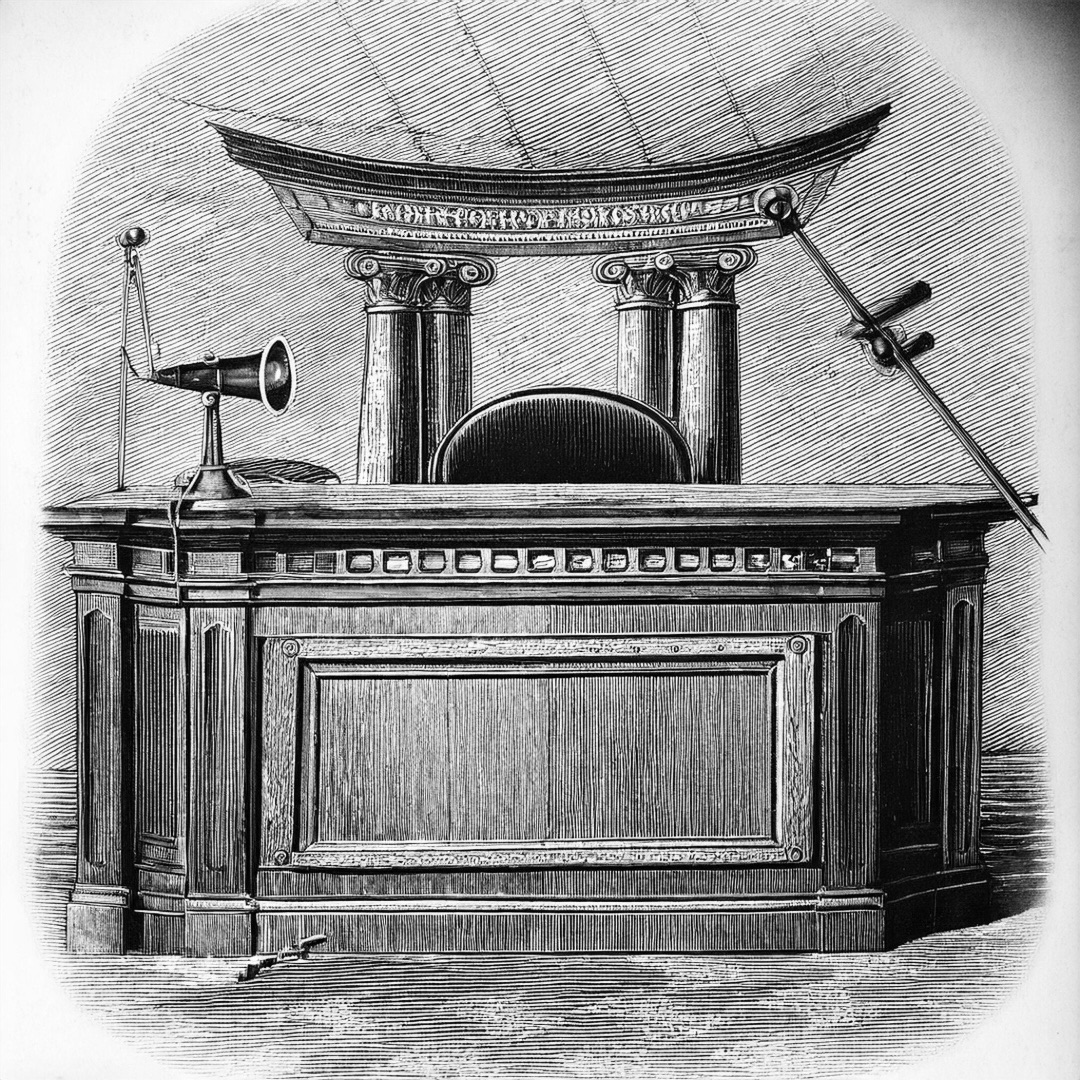MARGARET, Ala. — A federal lawsuit is shaking up the quiet town of Margaret, Alabama, a place where life usually moves at a slower pace. Known for its modest charm and proximity to Birmingham, Margaret has recently found itself at the center of a fiery legal battle over free speech, public transparency, and the limits of local government power.
On the surface, Margaret may seem like just another small Southern town, nestled in the hills of St. Clair County, where residents take pride in clean air and open spaces. But under that calm exterior, tensions are brewing over an issue that cuts to the core of American democracy: the right to record public officials.
The lawsuit, filed earlier this month, alleges that city leaders have imposed unconstitutional restrictions on citizens who attempt to record public meetings and proceedings. According to the suit, these restrictions disproportionately target those expressing dissenting or critical viewpoints, effectively silencing community voices that city officials would rather not hear.
Margaret is no stranger to growth, having recently seen a surge in new residents drawn by affordable housing and a small-town lifestyle. Yet, this expansion has brought with it increasing demands for government accountability and transparency. As more people attend city meetings, more are raising their phones to record the proceedings — a basic right, advocates say, guaranteed by the First Amendment.
However, city leaders appear less comfortable with the increased scrutiny. The lawsuit contends that Margaret’s leadership enacted arbitrary rules that block public recordings without justification. These restrictions, the plaintiffs argue, are unconstitutional and smack of an effort to suppress free speech in a town where public officials are expected to serve, not silence, their constituents.
While the lawsuit may seem like a local skirmish, its implications are far-reaching. A victory for the plaintiffs could set a powerful precedent, reinforcing the right of citizens across Alabama — and perhaps beyond — to hold their leaders accountable without fear of retribution or censorship.
City leaders have defended their position, claiming that the recording restrictions were put in place to ensure orderly meetings. In a statement, the city attorney dismissed the lawsuit as “misguided” and insisted that Margaret had acted within the bounds of Alabama law.
But critics aren’t buying it. They argue that the restrictions are part of a broader pattern of local governments cracking down on citizen oversight — particularly in rural areas, where there is often little media coverage to keep officials in check.
At its heart, this lawsuit isn’t just about Margaret’s small-town politics; it’s about the larger question of who gets to participate in democracy and how. Across the country, there have been growing concerns that local governments, often shielded from national attention, are testing the limits of constitutional rights in subtle but dangerous ways.
For a town like Margaret, which prides itself on community and openness, the lawsuit could be a wake-up call. Are its leaders willing to embrace transparency and accountability, or will they continue to push back against the democratic principles that are supposed to guide public service?
As the legal battle unfolds, the stakes are clear: this isn’t just a fight over a few recording devices. It’s a fight for the very soul of small-town democracy in Alabama — and a test of how far local leaders will go to silence dissent.

